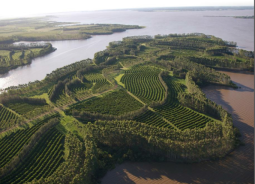
The Carbon Farming Solution – (Starts 2:13) Carbon Sequestration is the act of removing carbon from the air and putting it . . . somewhere else. Kendra Krueger talks with author Eric Tunesmeier about his book, The Carbon Farming Solution, with surprising information such as how driving to a remote organic farm stand can cause more carbon pollution than getting groceries at a close-to-home supermarket. However, done correctly, including thinking through how to get food to people who need it, Tunesmeier says carbon farming could sequester hundreds of billions of metric tons of carbon from the atmosphere . . . with plants.
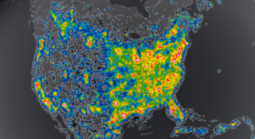
Light Pollution – (Starts 17:36) Over one third of all the people on earth live with such extensive light pollution, they can’t even see the Milky Way at night. That’s according to an updated world “light pollution” atlas. Shelley Schlender talks with NOAA scientist Chris Elveidge about NOAA’s “Earth at Night” maps and “The new world atlas of artificial night sky brightness and the artificial Sky.”
Hosts: Kendra Krueger & Shelley Schlender
Producer: Kendra Krueger
Engineer: Kendra Krueger
Executive Producer: Shelley Schlender
Listen to the show:
Podcast: Play in new window | Download (Duration: 27:24 — 25.1MB)
Subscribe: RSS

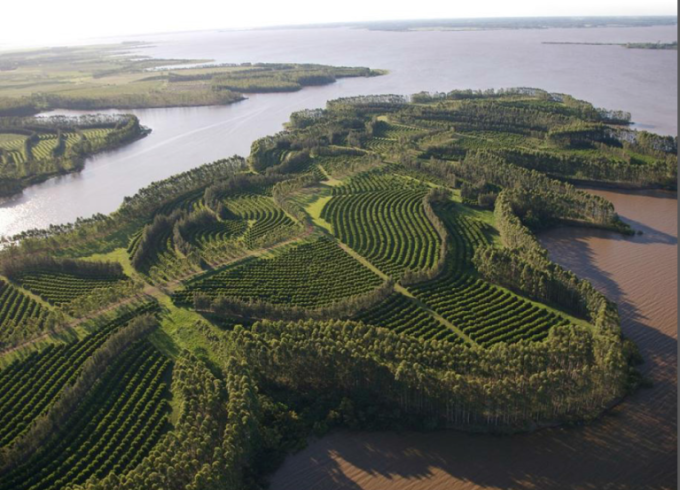


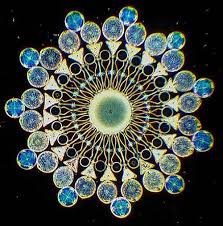

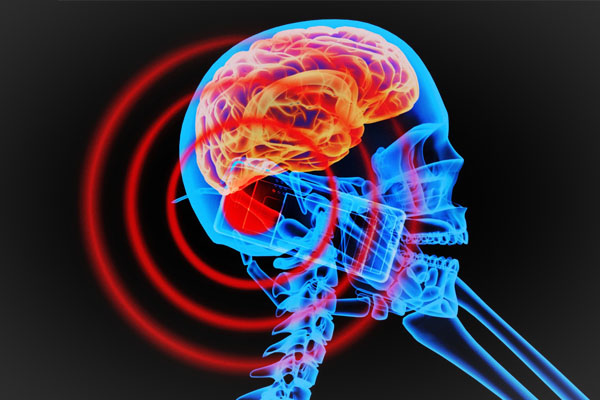
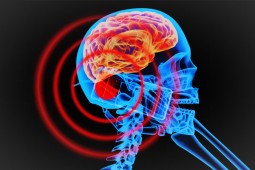
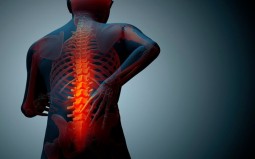
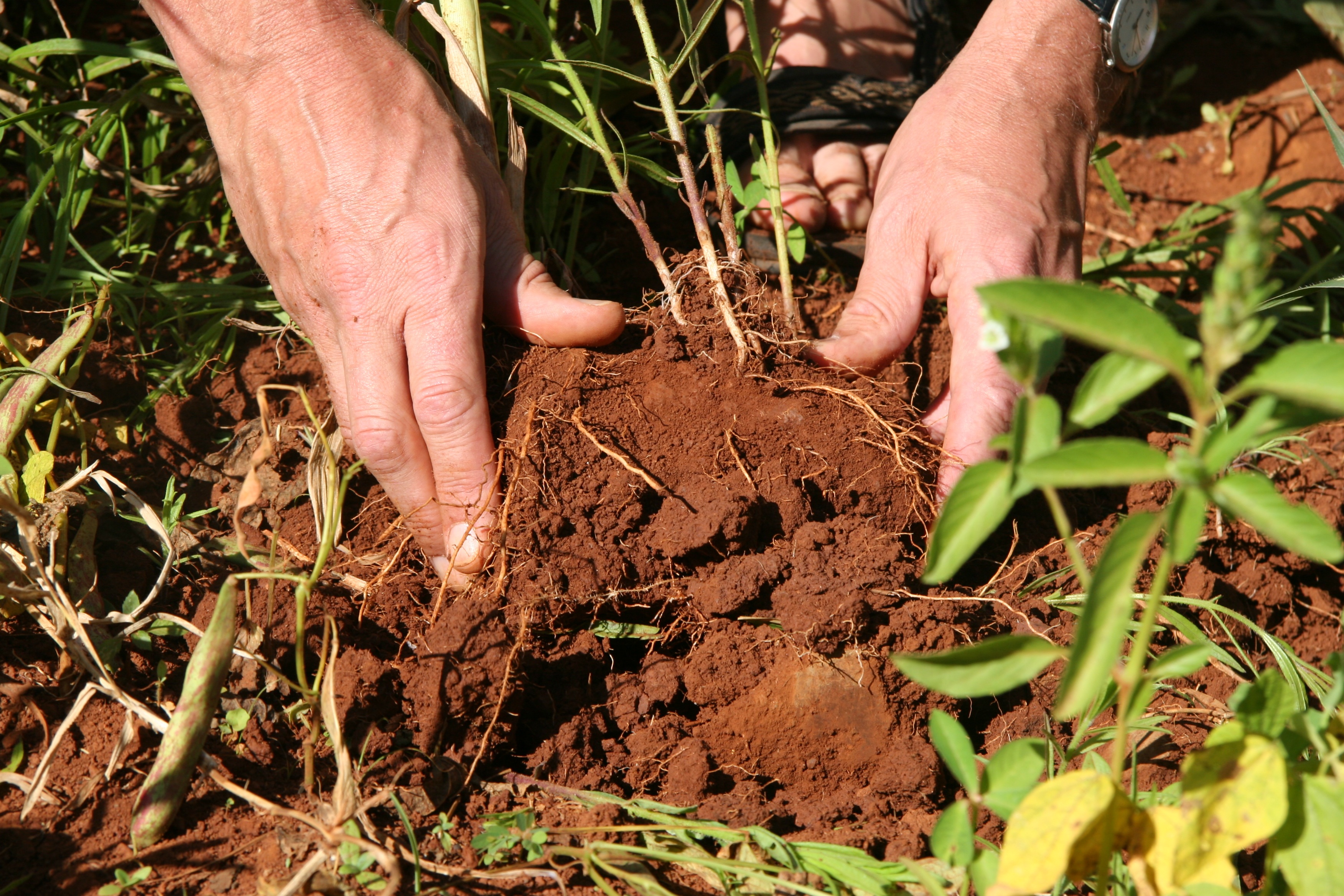
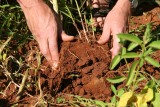
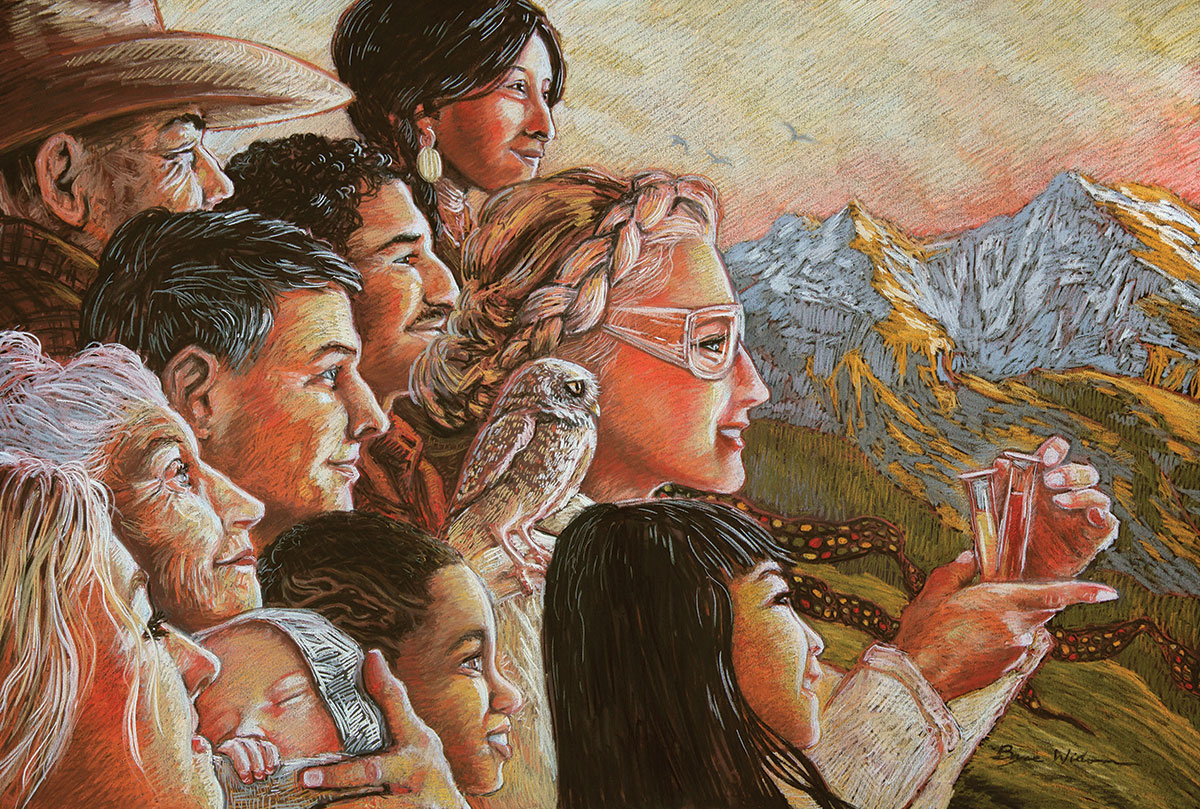
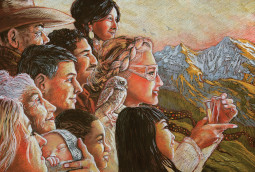
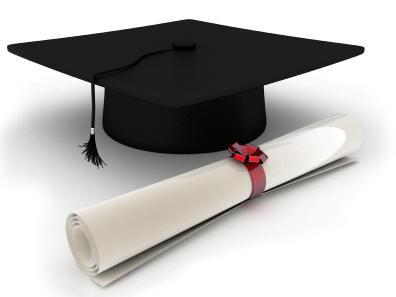
 In this follow-up episode of our “Graduation Special” we talk with three more guests graduating with science Ph.D.’s from the University of Colorado in Boulder. They join us to talk about their thesis research, their grad school experiences, and what they have planned next:
In this follow-up episode of our “Graduation Special” we talk with three more guests graduating with science Ph.D.’s from the University of Colorado in Boulder. They join us to talk about their thesis research, their grad school experiences, and what they have planned next: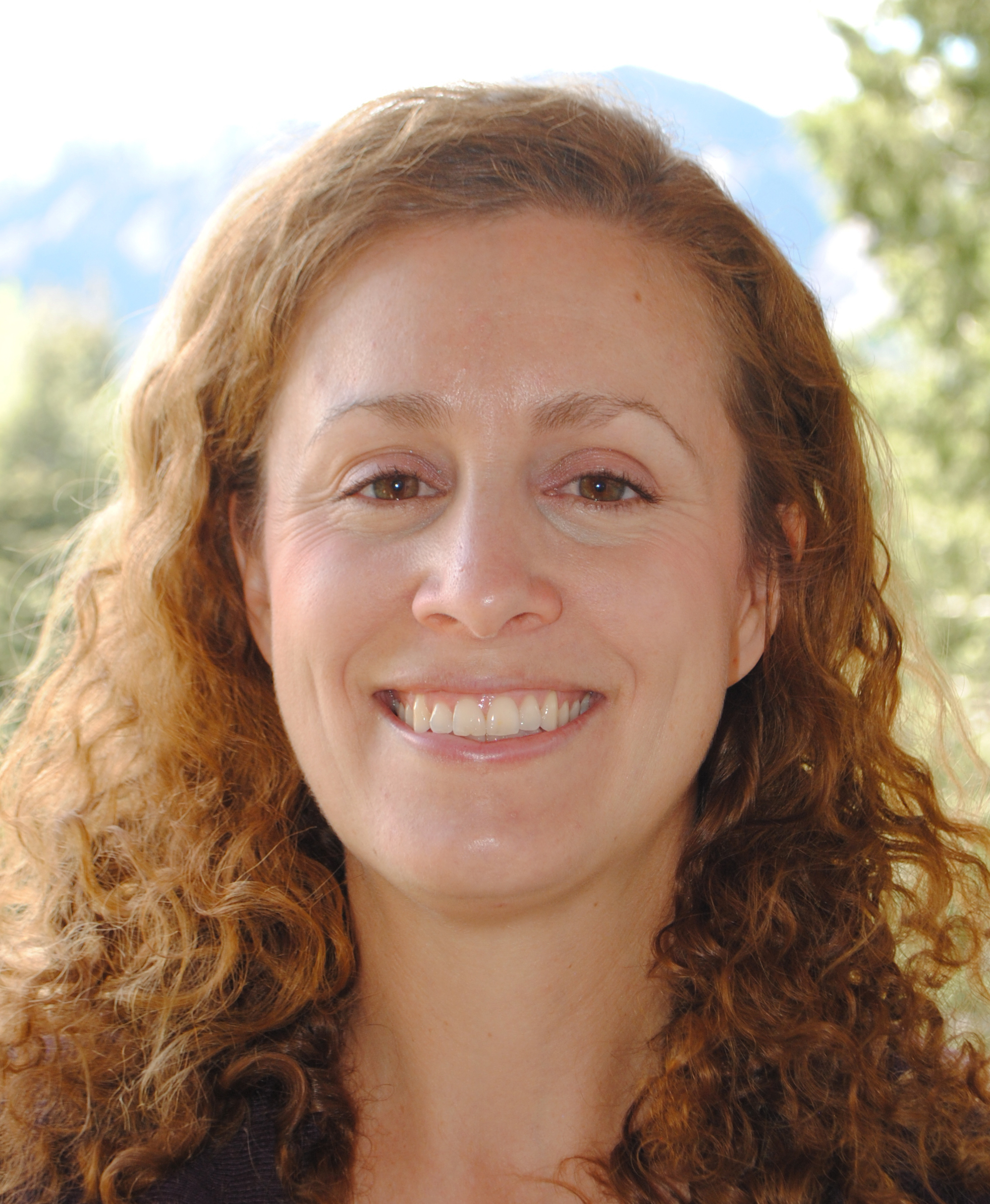 Carleigh Samson –
Carleigh Samson – 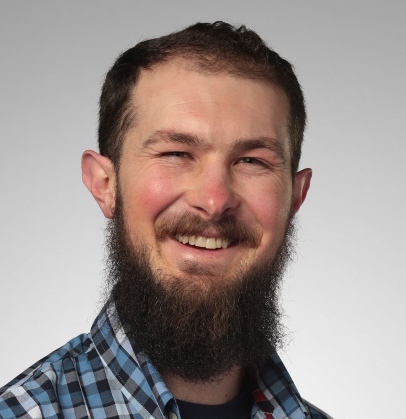
 Greg Thompson –
Greg Thompson – 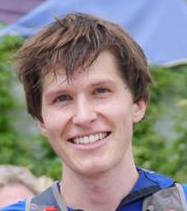 Greg Salvesen –
Greg Salvesen – 
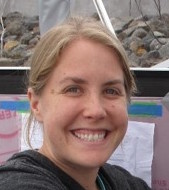 Odessa Gomez –
Odessa Gomez –  (Starting at 6:30) FLOWS bridges social justice and environmental issues. FLOWS provides leadership training opportunities, green job skills, and free energy and water upgrades while building partnerships between CU students and staff and community members. They partner with and work primarily for low-income communities for water and energy conservation (the communities most in need of lower energy and water bills). They joined us to talk about their new training program coming up this May. Find out more about their program
(Starting at 6:30) FLOWS bridges social justice and environmental issues. FLOWS provides leadership training opportunities, green job skills, and free energy and water upgrades while building partnerships between CU students and staff and community members. They partner with and work primarily for low-income communities for water and energy conservation (the communities most in need of lower energy and water bills). They joined us to talk about their new training program coming up this May. Find out more about their program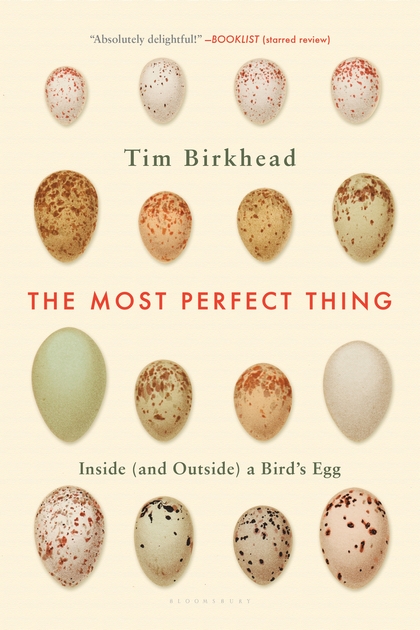
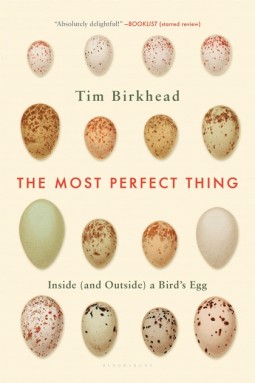
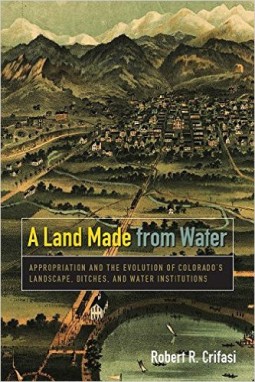
 Host Beth Bennett interviews Bob Crifasi, author of A Land Made of Water (starts at 4’55”). Bob works in water management and planning and is an environmental scientist with over 25yr experience. He was the Water Resources Administrator for the city of Boulder’s Open Space and Mountain Parks Dept. He has served on board of directors of 11 ditch companies and as the president of several, supervising all aspects of ditch operation.
Host Beth Bennett interviews Bob Crifasi, author of A Land Made of Water (starts at 4’55”). Bob works in water management and planning and is an environmental scientist with over 25yr experience. He was the Water Resources Administrator for the city of Boulder’s Open Space and Mountain Parks Dept. He has served on board of directors of 11 ditch companies and as the president of several, supervising all aspects of ditch operation.